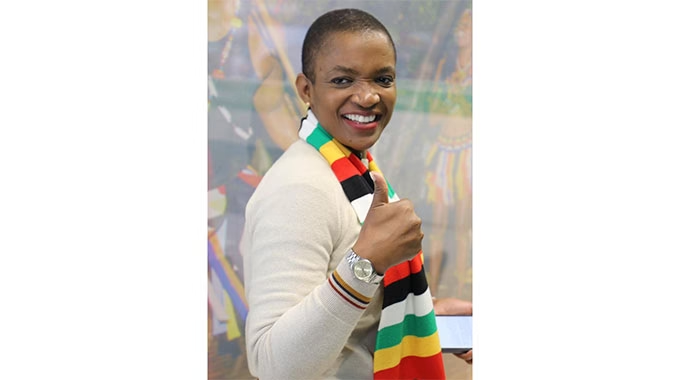
In the wake of Zimbabwe’s 2023 elections, Nelson Chamisa and his former party, the Citizens Coalition for Change (CCC), remain locked in a protracted dispute with the ruling ZANU-PF over the election results.
Chamisa has consistently argued that the elections were plagued by irregularities, but there is now an opportunity for him to draw lessons from recent elections in Botswana and the United States, where losing candidates acknowledged the outcomes as a testament to the people’s will rather than personal setbacks.
For Zimbabwe’s democracy to progress, Chamisa could take a constructive step by accepting the election results, offering an apology to Zimbabweans for any polarization caused during the campaign, and congratulating President Emmerson Mnangagwa on his win. This act of statesmanship would not only reflect his commitment to unity but would also position the opposition to play a meaningful role in shaping Zimbabwe’s future.
Botswana and the United States present instructive examples. President Mokgweetsi Masisi of Botswana conceded gracefully to President-elect Duma Boko, while in the United States, Vice President Kamala Harris conceded the 2024 presidential election to former President Donald Trump without delay. By following these leaders’ examples, Chamisa would demonstrate respect for democratic processes and help Zimbabwe move forward.
Chamisa’s refusal to accept defeat and his continuous assertions that the election was unfair could hinder his standing as a leader. By embracing the results, Chamisa would show himself as a leader focused on Zimbabwe’s future rather than solely on his political ambitions, setting the stage for a more constructive opposition role and a strengthened democratic framework.




